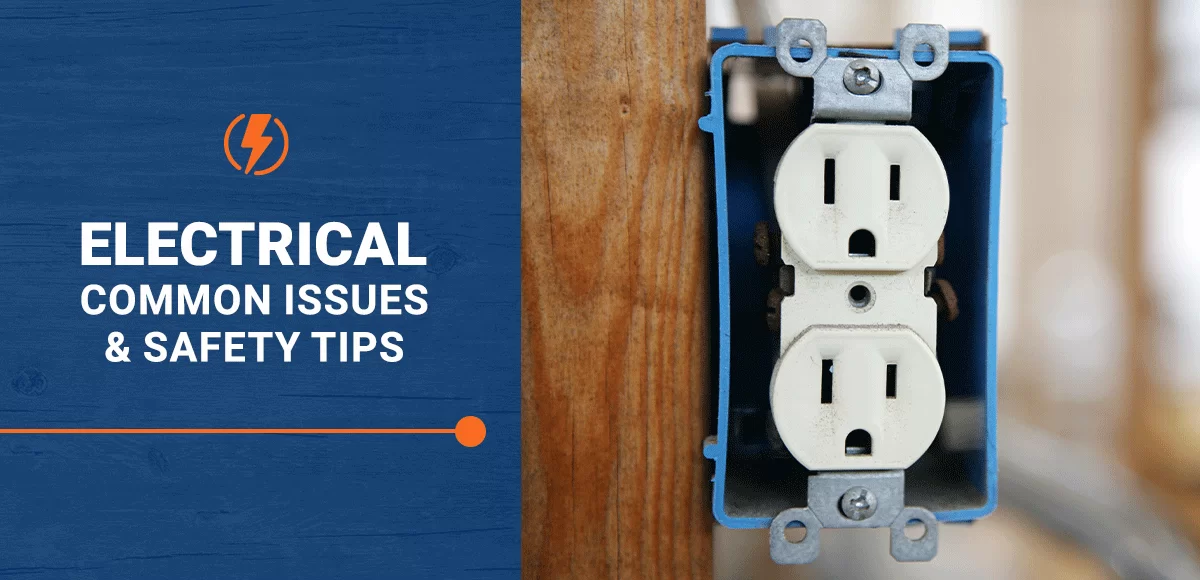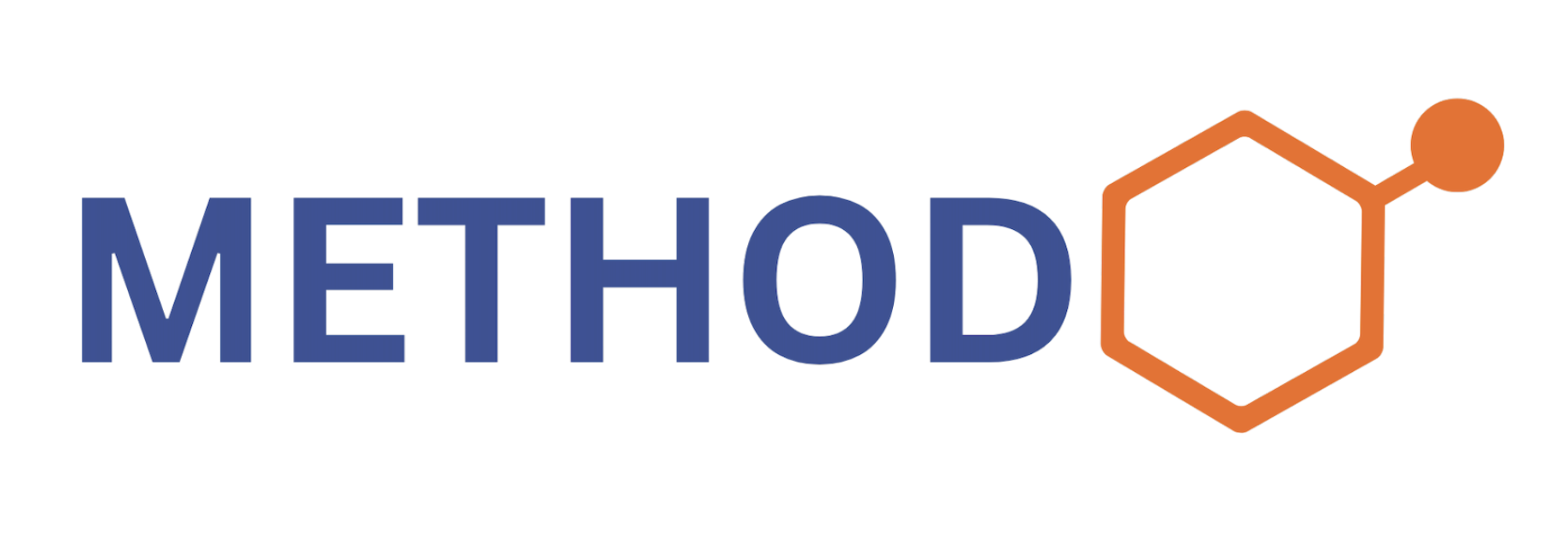Common Electrical Issues Found by Home Inspectors + Home Safety Tips
November 22, 2024

When purchasing a home, a professional inspection is important for uncovering hidden issues—and electrical systems are no exception. Whether moving into a new property or maintaining your current home, understanding common electrical problems and how to address them can protect your safety and investment.
Common Electrical Issues Home Inspectors Find
Outdated Wiring
Many older homes have knob-and-tube or aluminum wiring, which are not up to modern safety standards. These systems can pose fire hazards or struggle to handle the electrical demands of today’s households.
Improper Electrical Panel Modifications
Overloaded electrical panels or DIY modifications can cause frequent circuit breaker trips or lead to overheating. Inspectors often spot panels with double-tapped breakers or incompatible modifications.
Ungrounded Outlets
Two-prong outlets in older homes lack the grounding that modern three-prong outlets provide, increasing the risk of electrical shock or damage to sensitive electronics.
Faulty GFCIs
Ground fault circuit interrupters (GFCIs) are essential in wet areas like kitchens, bathrooms, and outdoor spaces. If these devices are missing, outdated, or improperly wired, they may not provide the protection required.
Exposed or Damaged Wiring
Exposed wires or damaged insulation can create serious fire and shock hazards. Inspectors frequently find these issues in basements, attics, and unfinished spaces.
Shoddy DIY Electrical Work
Homeowners sometimes attempt electrical fixes or installations without proper knowledge or tools. This can result in dangerous mistakes, such as poorly spliced wires, overloaded circuits, or unsecured junction boxes. DIY work often bypasses critical safety checks, leading to issues that are expensive and hazardous to fix later.
Home Electrical Safety Tips
Investigate Blown Fuses or Tripped Circuits
If a fuse blows or a circuit breaker trips, it’s a warning sign that something is wrong. Be sure to determine the cause. Common causes include:
Overloaded circuits from running too many appliances at once.
A faulty device or appliance drawing more current than it should.
Short circuits caused by damaged wires or faulty outlets.
Ground faults, particularly in wet areas.
Electrical Systems: Many historic homes still rely on knob-and-tube wiring or other outdated electrical systems that cannot handle modern appliances and pose safety risks. Rewiring may be necessary but should be done with care to preserve the home’s aesthetic.
Plumbing: Original plumbing systems often consist of galvanized steel or cast iron, which can corrode over time, leading to leaks or water pressure issues. Inspecting the plumbing ensures that repairs or replacements can be planned before significant problems arise.
Foundation and Structural Integrity: Settling and shifting foundations are common in older homes. Inspectors look for cracks, uneven floors, and other signs of structural distress that could compromise the home’s stability.
Identifying Hidden Problems
Many of the most significant challenges in historic homes are hidden beneath layers of plaster, paint, or flooring. An experienced home inspector knows how to uncover these issues while causing minimal disruption to the property. Key areas of focus include:
Moisture Damage: Historic homes often have less effective waterproofing, making them vulnerable to water damage and mold. Inspectors check for leaks, wood rot, and damp areas, especially in basements and attics.
Pests: Older homes can be havens for termites, rodents, and other pests that may cause extensive damage over time. Live traps are often recommended for humane removal of rodents.
Insulation and Ventilation: Many historic homes were built without proper insulation or ventilation, leading to energy inefficiency and potential moisture problems. Upgrading these systems can improve comfort and reduce utility costs while respecting the home’s design.
Regularly inspecting your system, practicing safe usage, and addressing concerns promptly will help create a secure environment for you and your family. When in doubt, always consult a licensed electrician to handle repairs or modifications.
